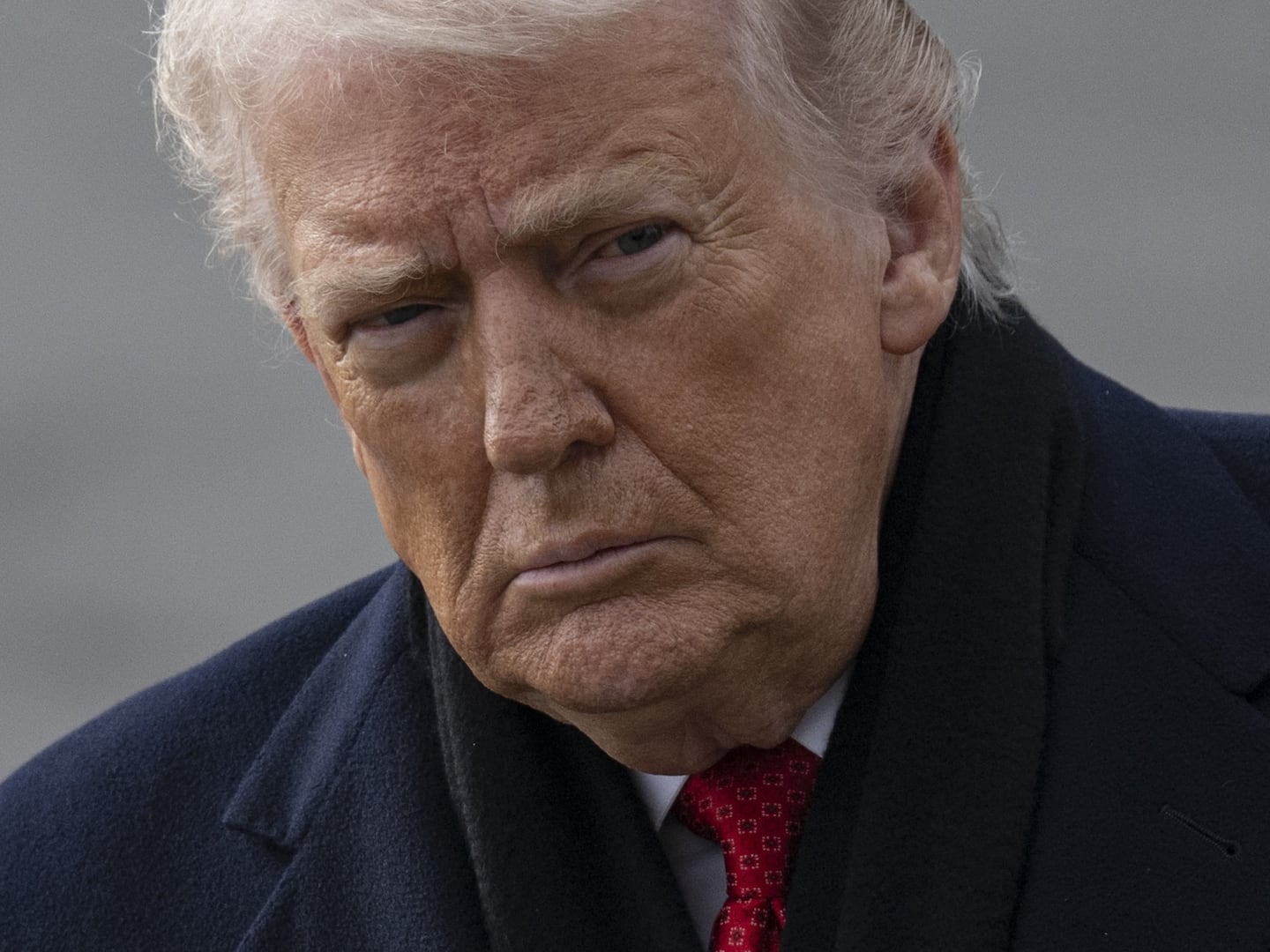On Tuesday morning, Pvt. Alexander Kikin, 33, put on his uniform, rolled up his empty left trouser leg, dragged his wounded body into a wheelchair, and took off from his hospital ward on Frolovsky Avenue to join the rally outside the prosecutor general’s office in Kiev.
Kikin and his veteran friends, all from a group called the Battalions Brotherhood of Ukraine—founded last November by soldiers in the Ukraine army—were protesting the government’s shoddy treatment of its troops as Kiev seeks to quell the Russian-backed rebellion in the East. They were upset about a lack of provisions and poor medical services for the wounded, about compensation that had not yet been paid to the families of dead soldiers, and about being outfitted with sub-par fighting equipment.
“I had to fight with a machine gun that was made in late 1970s. My friends bought it for me—and our enemies fired Grad launching systems at us,” Aleksei Tsibko, a volunteer from Dnepr-1 battalion, told The Daily Beast.
The protesters were also angry that, after eight months of fighting and the loss of 2,000 soldiers, Kiev was still calling the conflict an “anti-terror operation” rather than a real war. This murky legal status, they said, made it impossible for volunteer fighters to get regular benefits, and made it difficult to investigate and prosecute corrupt bureaucrats, who would be treated more harshly by military courts.
After passing their demands to prosecutors, more than 100 protesters—many in uniform—walked to Kiev’s parliament and later, a smaller group protested outside the presidential palace.
“There is a mess in the army,” Kikin told The Daily Beast at the protest. “I cannot get registered as a veteran, because I came to the front as a volunteer. Right now, my friends on the front are dying because of the [rebels’] newest multiple rocket systems… what is this if not war?”
“Look at me—the war made me into a cripple. There were moments, in between my 30 surgeries, when I envied the lucky soldiers who were killed on the front,” he said with emotion.
Still, Kikin said he did not regret volunteering after Petro Poroshenko called for fighters last May to travel to the eastern front. “There will be a sharp increase in the efficiency of anti-terrorist operations,” Poroshenko said May 26. “They won’t last two or three months; they’ll last a few hours.” Kikin believed that, too. At the time, there were only a few hundred rebels in Donetsk and Luhansk.
But in late June, only three weeks into Kikin’s volunteer service with the Right Sector Battalion and the 95th Airmobile Brigade, his position on the outskirts of Sloviansk was hit by artillery. The attack killed two of his friends and riddled his legs with shrapnel.
“I don’t regret I volunteered to defend our land in Donbas. I would not think for aminute to give my life for my country’s freedom. But I want to hold those responsible who allowed hundreds of rocket launchers to arrive from Russia,” Kikin told The Daily Beast.
Thousands of volunteers are fighting against the Russian-backed rebels with Ukraine’s army—by December, there were more than 50 volunteer battalions in eastern Ukraine. Some are financed by city councils, while some—like Kikin’s unit—were formed out of the self-defense groups that used to patrol Kiev’s Maidan Square, the heart of the country’s revolution. The biggest and most famous battalion in Donbas is composed of nearly 1,000 members, mostly ethnic Russians from the region who want Donetsk and Luhansk to remain part of Ukraine.
Independent observers are now discussing the role activists from the battalions are playing in Ukraine’s politics and whether some of them might be under the influence of the opposition.
“The line between civil participation and populism is very thin,” said Rosaria Puglisi, a researcher with Instituto Affari Internazionali who in the past has worked on a number of European Union crisis-reaction groups, including on Ukraine. “While most of these battalions embody the spirit of Maidan generally, they have also fallen into political games that they don’t understand and perhaps they are being used. The state should make sure that the battalions are observed, legitimized and absorbed into the same structure into the same command of control.”
In a Tuesday interview with The Daily Beast, Ukrainian member of parliament Sergei Vlasenko confirmed that Yulia Tymoshenko’s Batkivshchyna party had raised the issue of the legal status for the fighting in parliament. The deputy explained that the change was mostly needed to create one stable military leadership, as currently there were seven different agencies and ministries controlling the Ukrainian forces fighting in the east. “We constantly insist on declaring the state of war and creating war staff in the regions of the conflict with separatists, as there is an obvious threat of aggression from a foreign state,” he said. Vlasenko added that only President Poroshenko had the legal power to declare a state of war.
Yet, at a recent parliamentary session, Deputy Aleksei Poroshenko, the president’s son, said that if Ukraine declared a state of war, that would make it difficult to improve the country’s economy.





